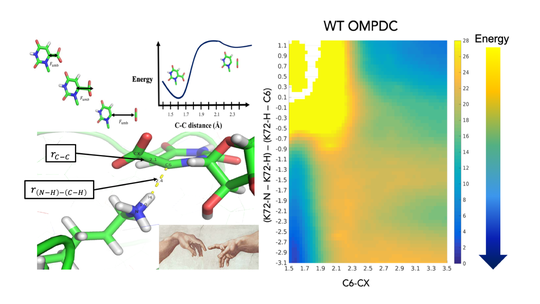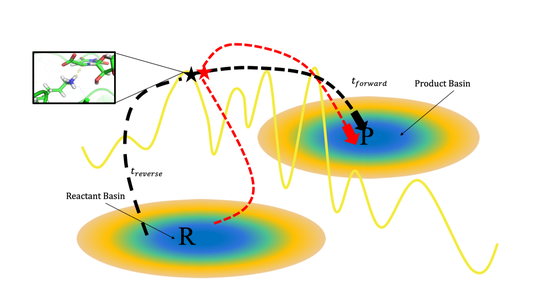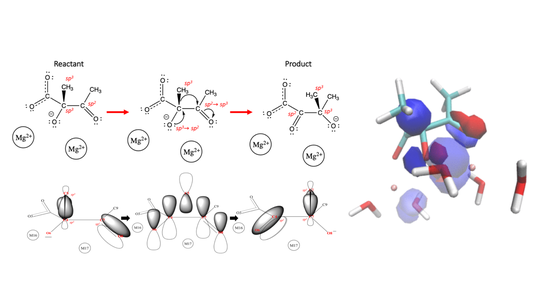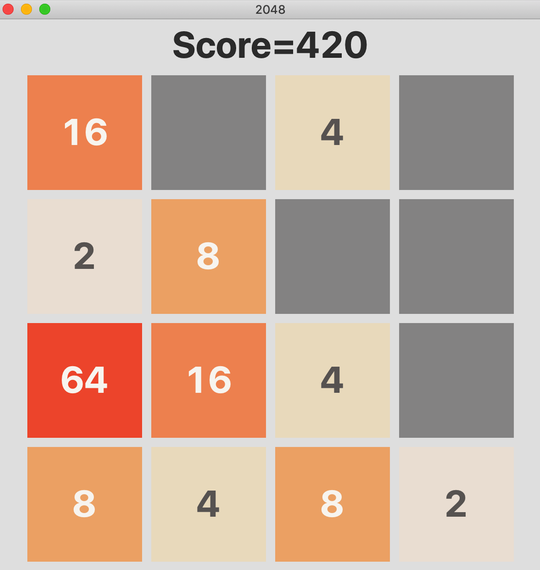Natasha Seelam
PhD Candidate
Massachusetts Institute of Technology (MIT)
Biography
This page is under construction (2020.07.08)
I’m finishing my PhD in Chemical Engineering at MIT in CSAIL. My research focuses on analytical and computational approaches to understand how proteins facilitate virtually impossible reactions at ambient conditions. During my doctorate, I studied how several enzymes catalyze reactions through an atomistic perspective using molecular dynamics coupled with quantum chemistry (QM/MM). From these simulations, we’ve created predictive models capable of identifying both the structural features most indicative of successful reactions, and the electronic underpinnings of such methods.
In addition to my doctoral work, I work on several side projects in the space of vision, language, and game design. Please feel free to drop a note if you’d like to chat!
Interests
- Computational Enzymology
- Structural Biology
- Machine learning
- Computational Linguistics
- Interpretability
Education
-
PhD in Chemical Engineering, 2020 (Expected)
Massachusetts Institute of Technology
-
BS in Chemical and Biomolecular Engineering, 2013
Johns Hopkins University



